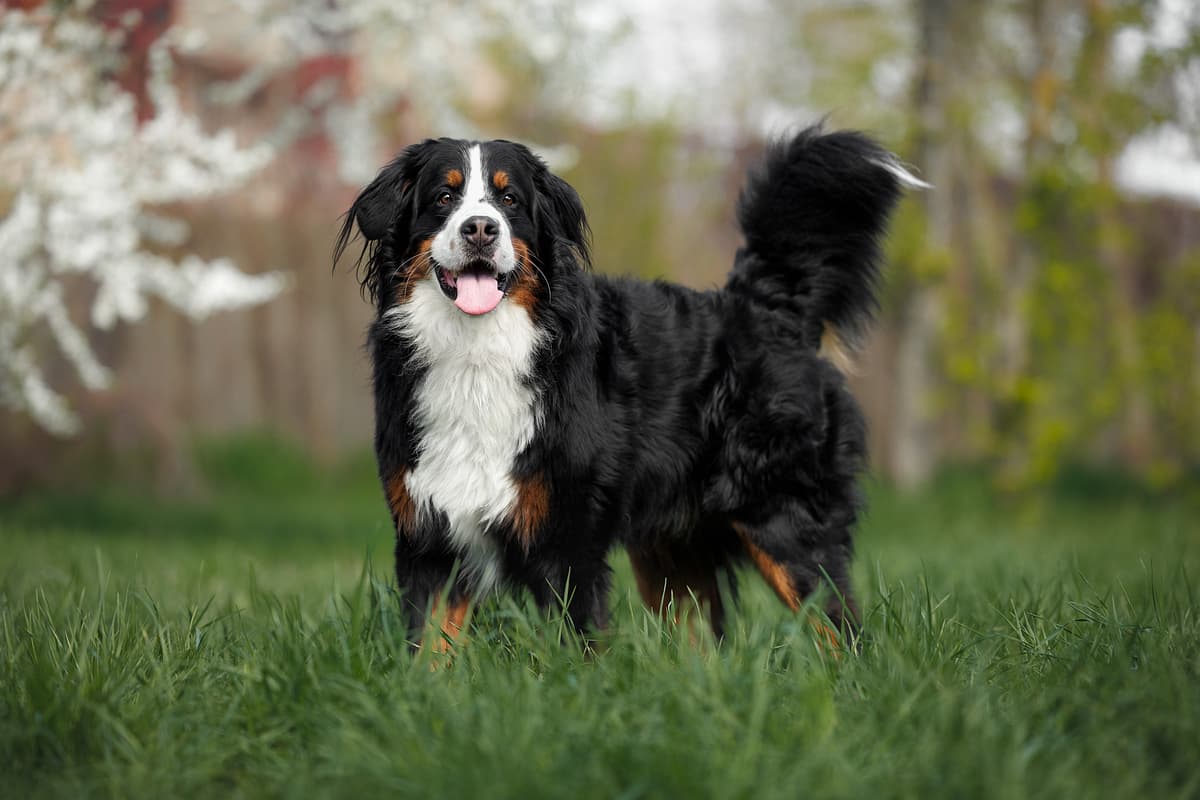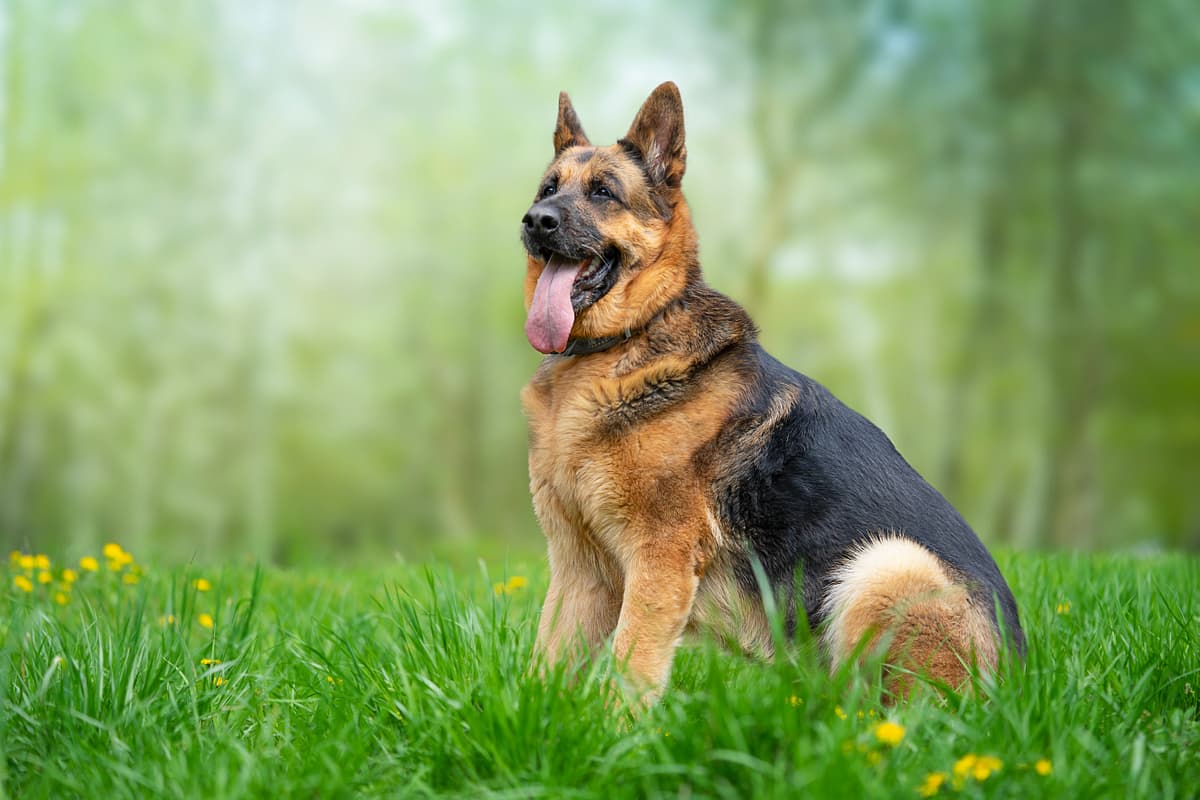Bernese Mountain Dog vs German Shepherd
Discover the differences between Bernese Mountain Dog and German Shepherd to make the best choice for your situation.
Try different breeds

Bernese Mountain Dog
Gentle, affectionate, and loyal, this large Swiss breed thrives as a family companion. Distinctive tricolor coat and calm temperament make it a beloved household member.

German Shepherd
Confident, loyal, and highly intelligent, this breed thrives as both a devoted family companion and a reliable working partner. Always alert and eager to learn, it adapts to many roles with ease.
Quick comparison
Large
39–50 kg
Double coat, long and silky
7–10 years
36–48 kg
Moderately active
Large
30–40 kg
Double coat, dense undercoat
9–13 years
22–32 kg
High energy
Personality & behavior
Compare the personality traits and behavioral characteristics of both breeds.
Bernese Mountain Dog
Gentle and welcoming with people and pets
Learns commands quickly, eager to please
Moderate activity needs, enjoys daily walks
Enjoys games and interactive family time
Prefers routine, may struggle with big changes
German Shepherd
Warm with family, reserved with strangers
Quick learner, highly trainable and alert
Needs regular activity and vigorous exercise
Enjoys games, interactive and engaging
Adjusts well to new situations and environments
Care needs
Exercise, grooming, and daily care requirements
Bernese Mountain Dog
Hip dysplasia, elbow dysplasia
German Shepherd
Hip dysplasia, elbow dysplasia
Suitability
How well each breed fits different living situations and families
Bernese Mountain Dog
Good option
Patient and gentle but needs consistent training and socialization
Not ideal
Large size and exercise needs make small spaces challenging
Highly suitable
Enjoys outdoor activities and can keep up with active families
Excellent companion
Calm, affectionate nature suits homes with children
Generally compatible
Typically gets along with other pets if properly introduced
Prone to anxiety
Dislikes being left alone for extended periods
German Shepherd
Challenging for beginners
Needs experienced, consistent training and socialization
Not ideal
Needs space and frequent exercise to prevent boredom
Perfect fit
Thrives with active owners who can provide daily physical and mental challenges
Highly suitable
Loyal and protective, can be gentle and patient with proper socialization
Usually compatible
Can get along with other pets if raised together and well socialized
Prone to anxiety
Dislikes being left alone for long periods and may develop behavioral issues
Breed strengths
What each breed excels at and their best qualities
Bernese Mountain Dog
- Gentle and affectionate with families
- Excellent with children and other pets
- Calm and patient temperament
- Eager to please and easy to train
- Adaptable to cold weather climates
German Shepherd
- Highly intelligent and quick to learn tasks
- Strong loyalty to family members
- Excellent working and service dog abilities
- Protective instincts make them good guardians
- Adaptable to various training activities
Challenges & considerations
Potential challenges and considerations for each breed
Bernese Mountain Dog
- Prone to hip and elbow dysplasia
- High shedding and grooming requirements
- Shorter average lifespan for large breeds
- Can be reserved with strangers
- Needs ample space and daily exercise
German Shepherd
- Prone to hip and elbow dysplasia
- High exercise needs require daily activity
- Can develop separation anxiety if left alone
- May be wary of strangers without socialization
- Heavy seasonal shedding requires frequent grooming
Ready to choose your perfect breed?
Learn more about each breed or compare other breeds to find the perfect match for your lifestyle.
Discover more helpful tools
Make use of our other free tools to get the most out of your pet experience
